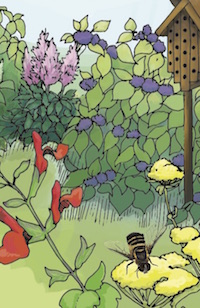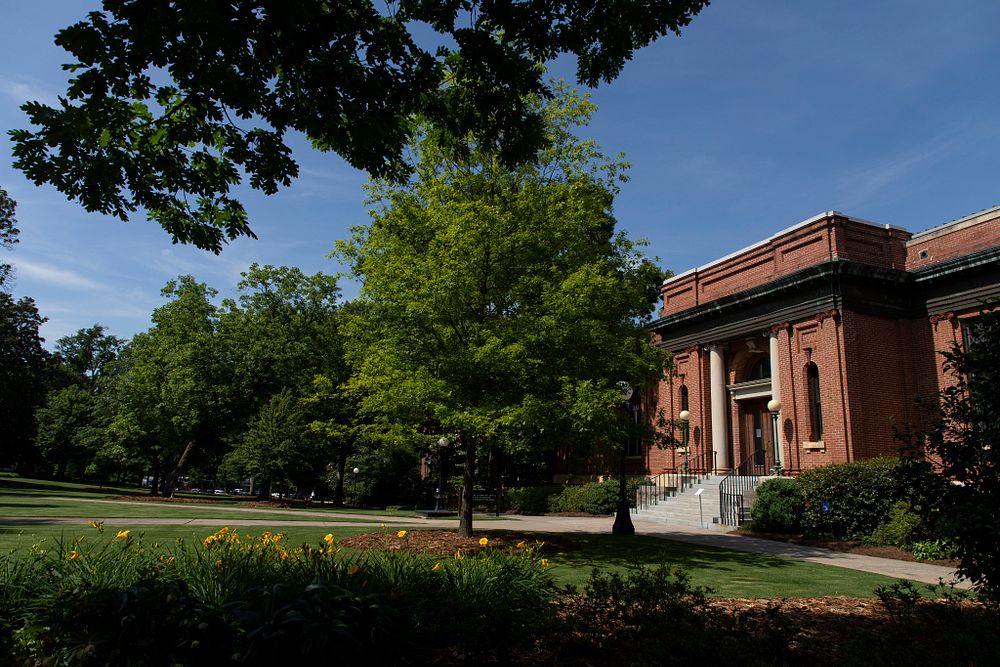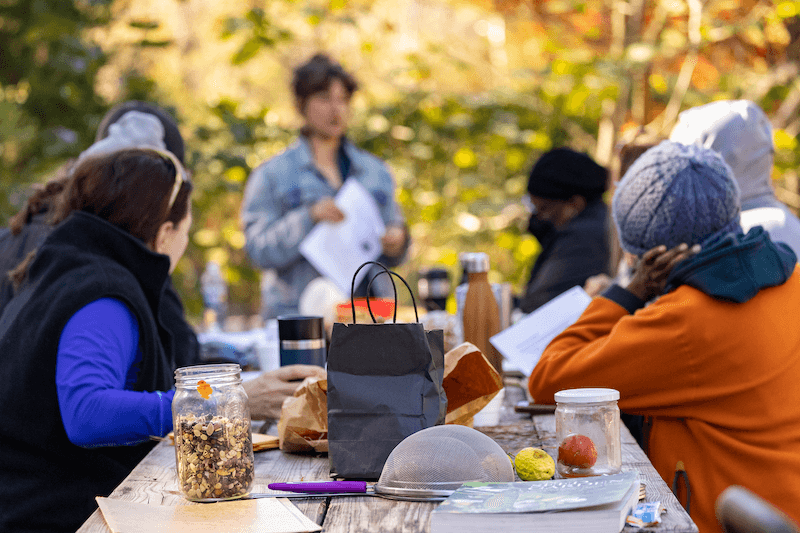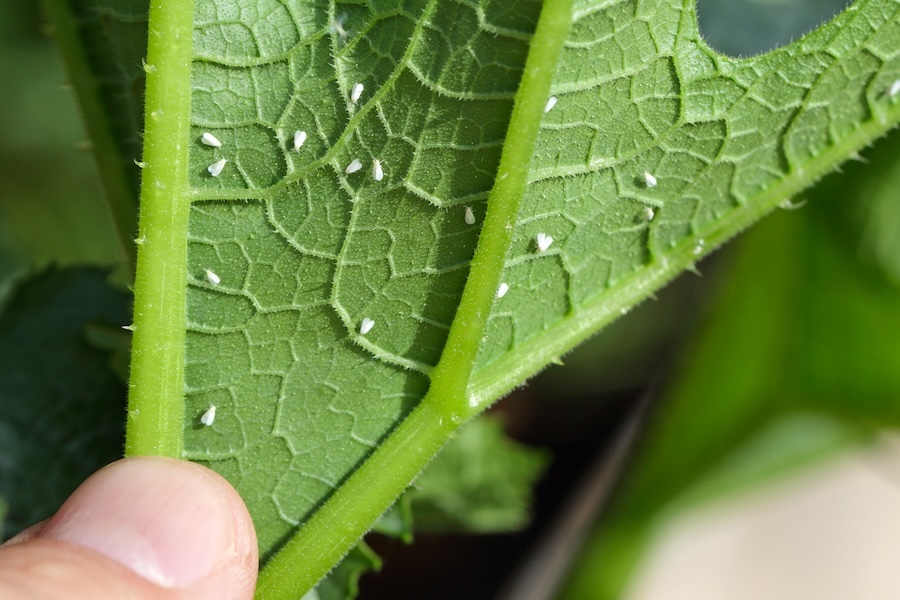Georgia’s Arbor Day celebration, Feb. 16, is a great time for Georgians to show some love for the state’s pollinators by planting trees that help support their habitat, said Becky Griffin, University of Georgia Cooperative Extension School and Community Garden coordinator.
“Trees are often overlooked when people think about planting for pollinators,” Griffin said. “By drawing attention to trees that support pollinators, especially those super early ones, we can do a lot to support Georgia’s pollinators.”
Substantial plantings of trees, like Chaste Tree or Yellow Poplar, can help support pollinator populations for years with a single planting, and they flower early to support the very first of the spring’s bees.
“If I was doing foundation planting in my yard, I would choose something that blossoms early,” she said. “As temperatures start to warm up, bees will be coming out and they’re going to be looking for nectar and pollen. Having an early food source is a great way to support your local pollinators.”
Griffin, an avid beekeeper and coordinator of the upcoming Great Georgia Pollinator Census, is working to promote UGA Extension’s Trees for Bees campaign to help Georgians make long-term landscaping choices that support pollinators.
Pollinator health and loss is an important economic point in Georgia as pollinators have an annual value of around $360 million here. Pollinators are facing dilemmas like habitat loss, disease, parasites and the misuse of garden chemicals.
Many Georgians are unaware that their choice of landscaping plants can have a major effect on the pollinators. The Trees for Bees campaign was launched in 2018 by a team of UGA Extension agents and specialists and faculty from the UGA Warnell School of Forestry and Natural Resources. It provides scientific information to Georgians and resources for protecting pollinators around the home.
Since then organizers have held more than 50 workshops, conference exhibits, adult educational programs, Arbor Day celebrations and a nationwide webinar to help get the message out. They’ve reached about 212,436 people with the message that bees need trees and will continue to educate Georgians about pollinator habitats as the 2019 tree-planting season begins.
For more information about supporting pollinators in suburban and urban yards visit extension.uga.edu or call 1800-ASK-UGA1.
All Georgians should consider being part of the Great Georgia Pollinator Census which takes place Aug. 23 through 24. Visit the project website at GGaPC.org for more information.




.png)


